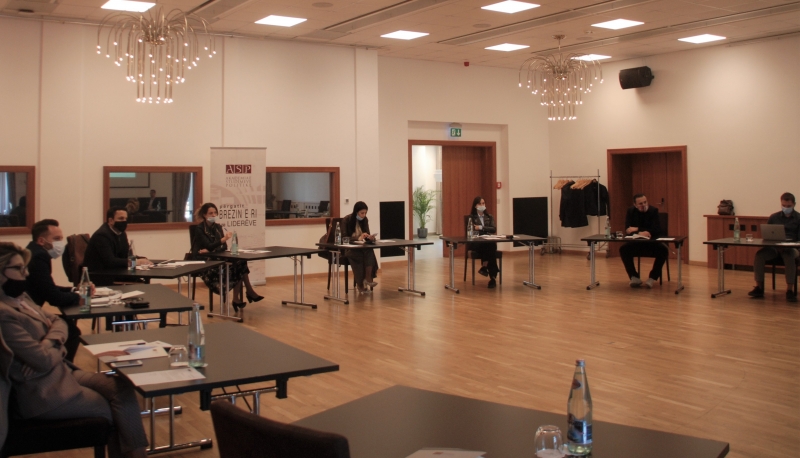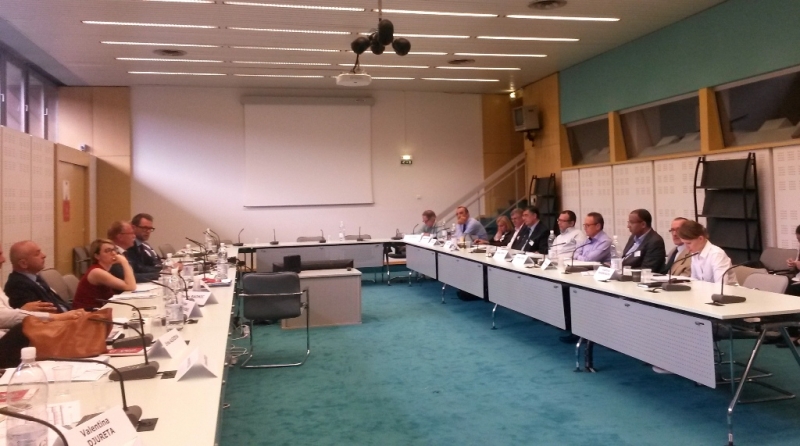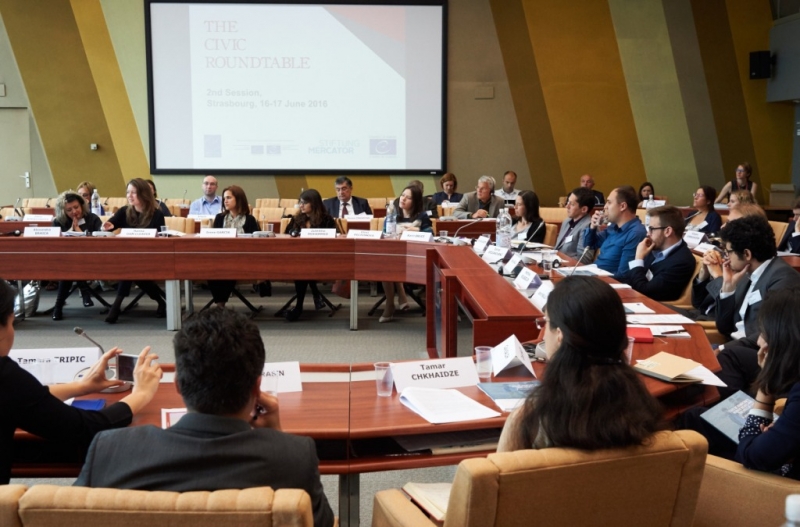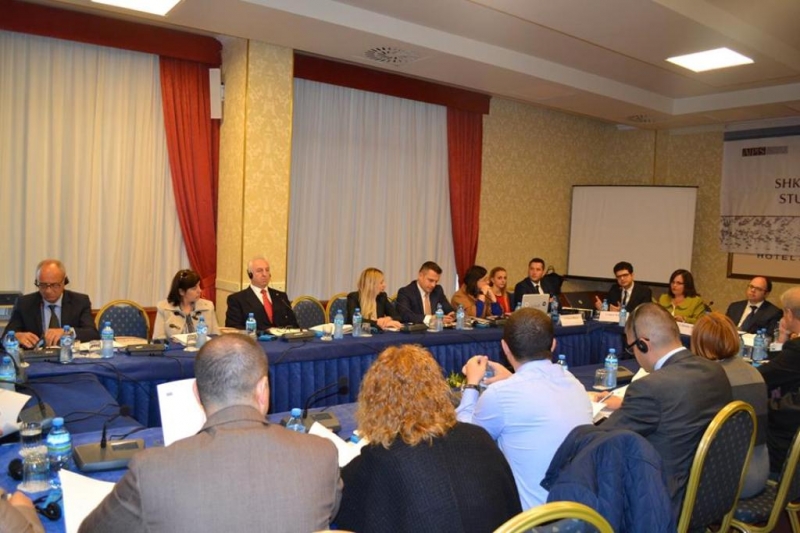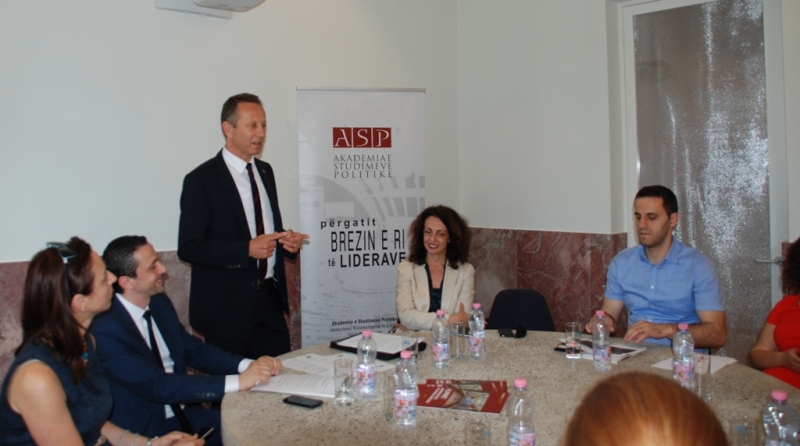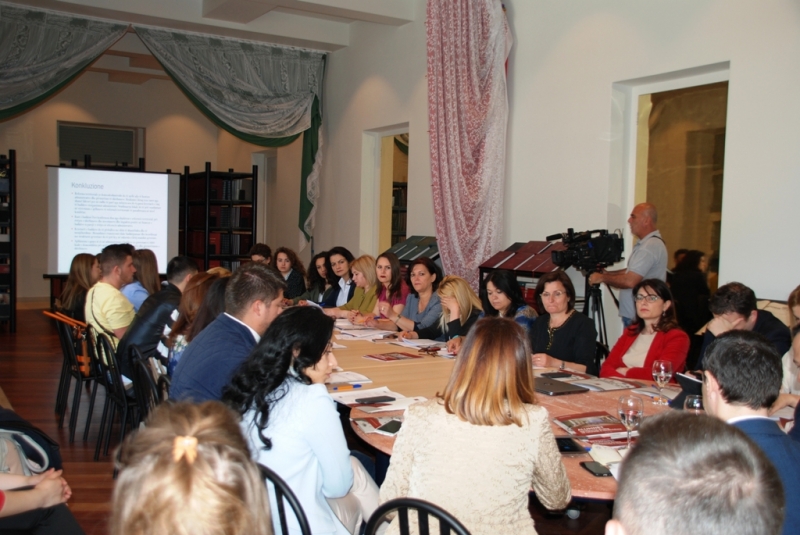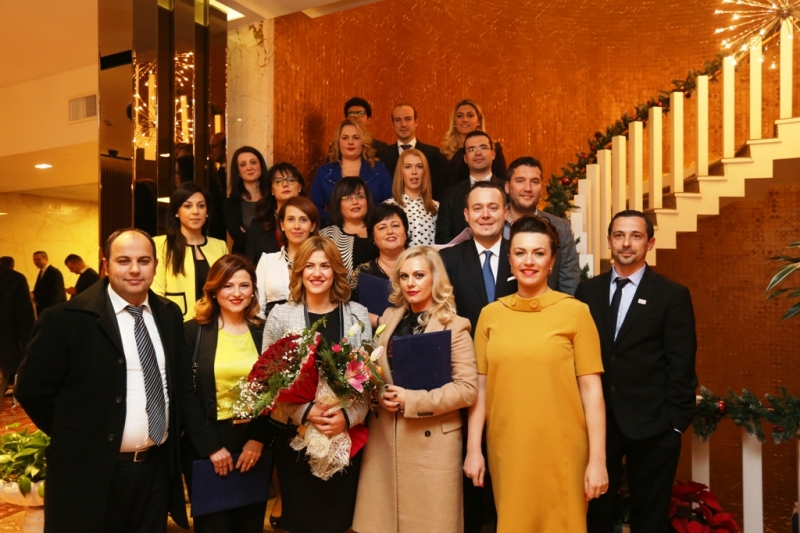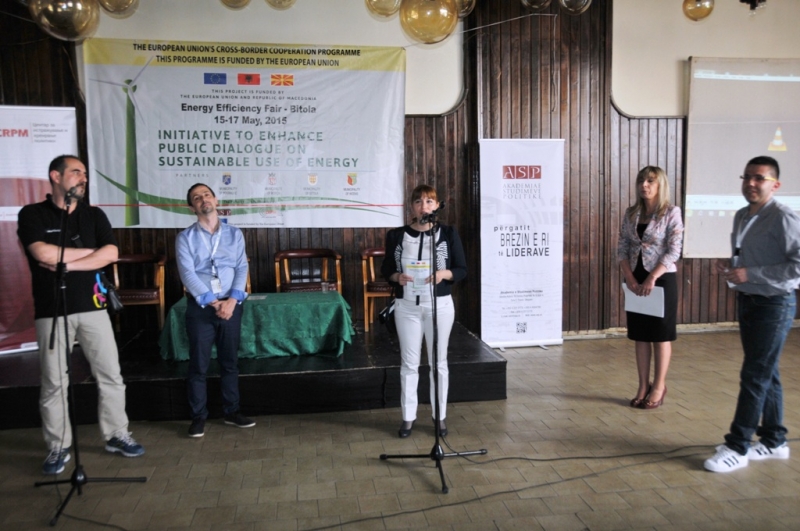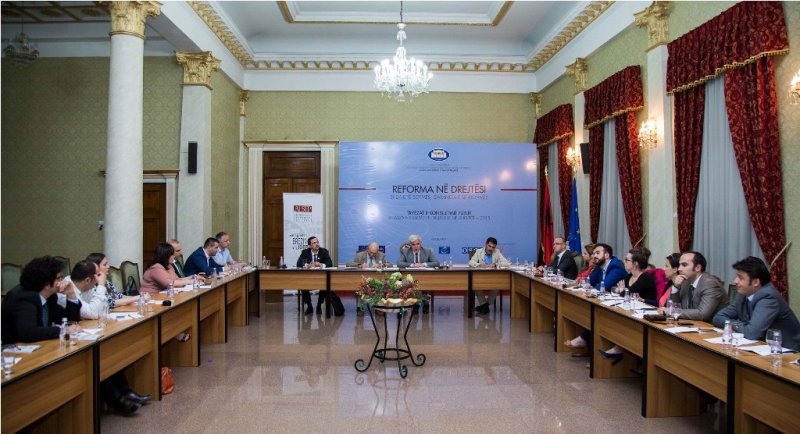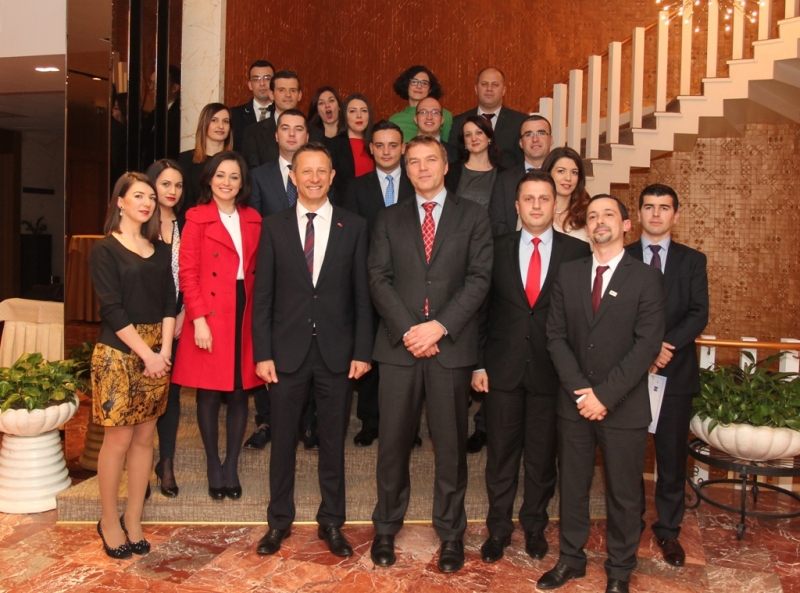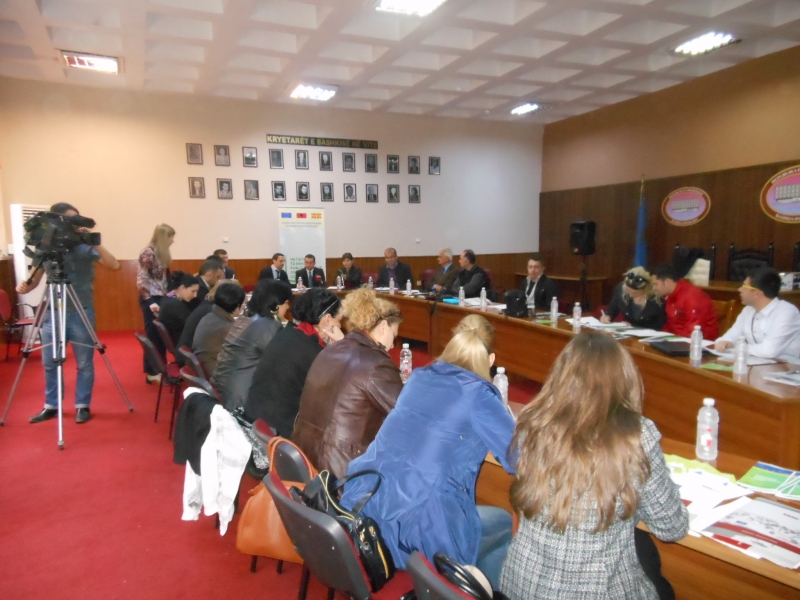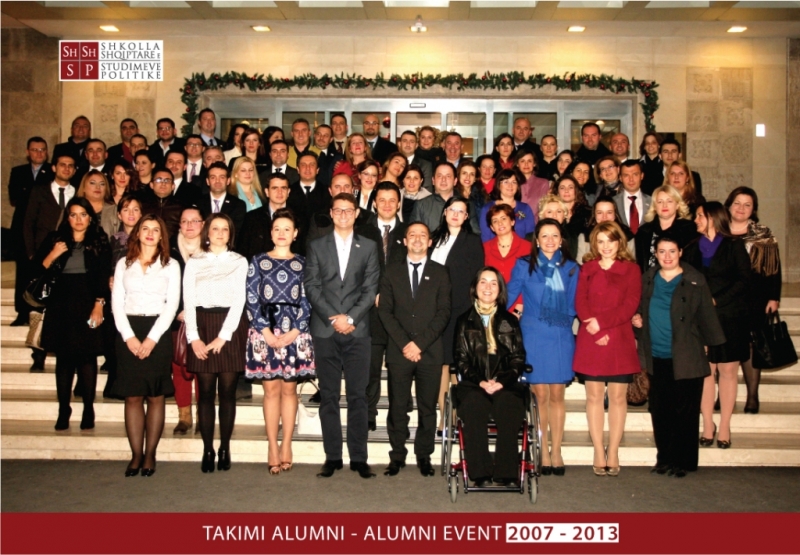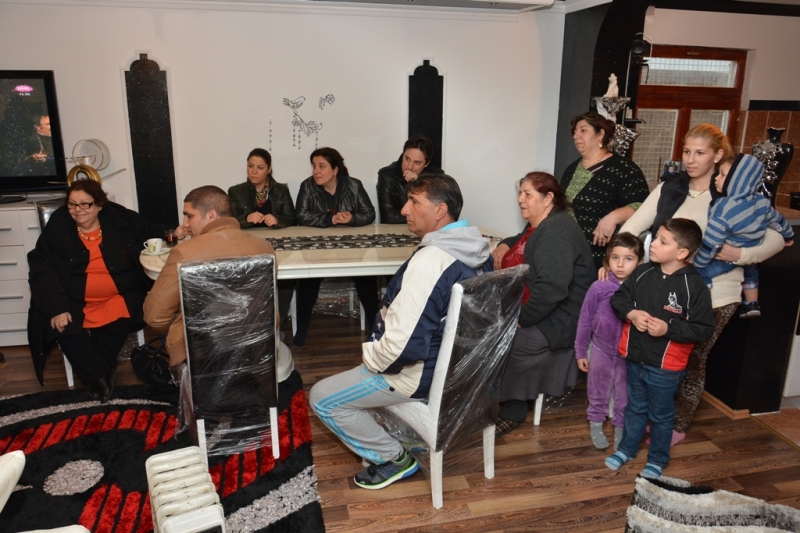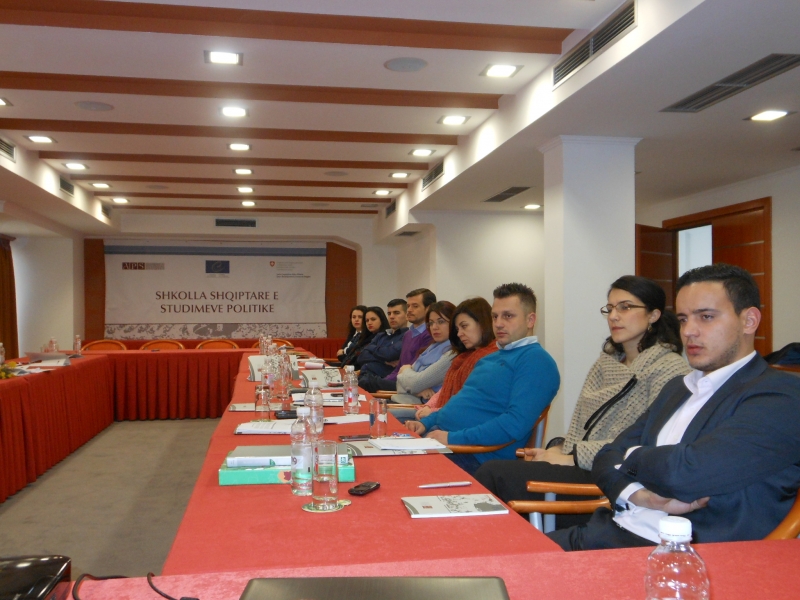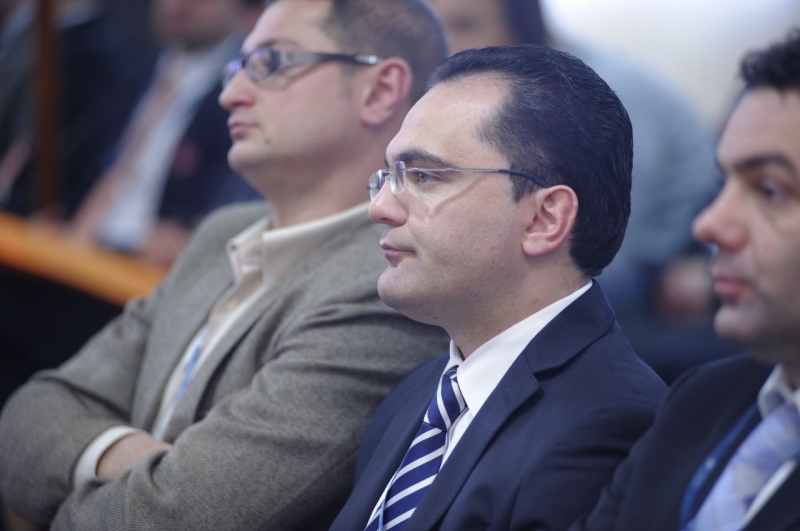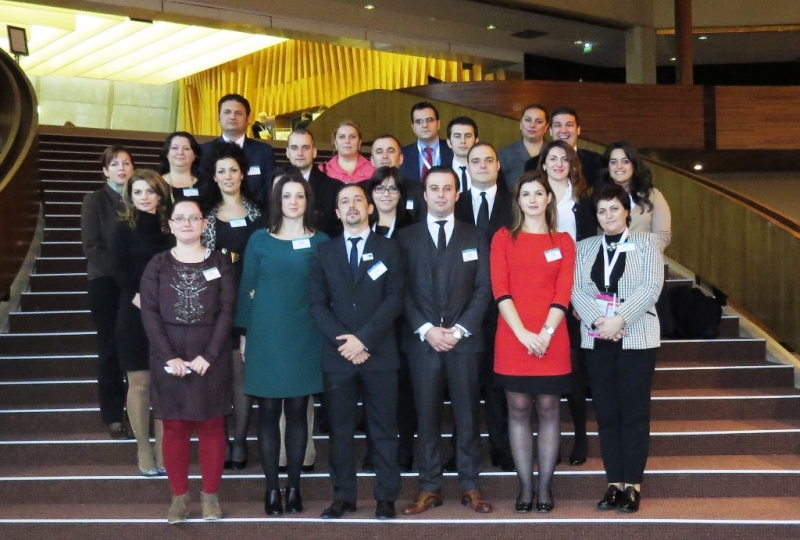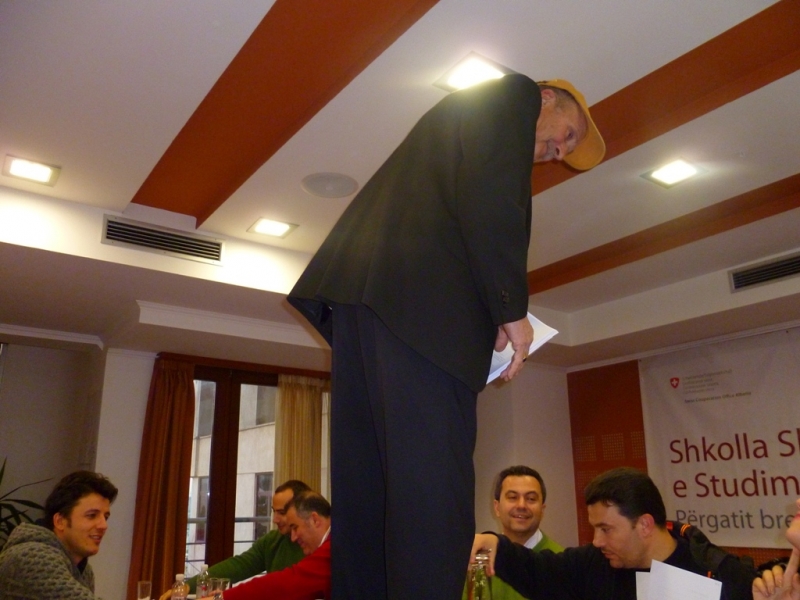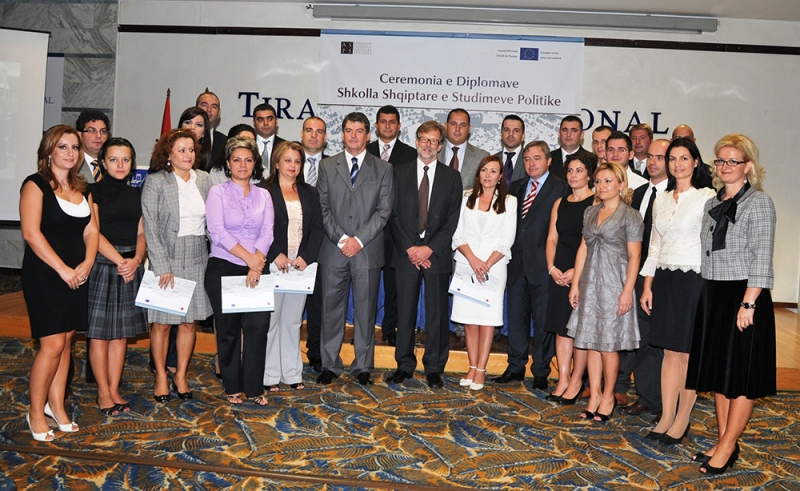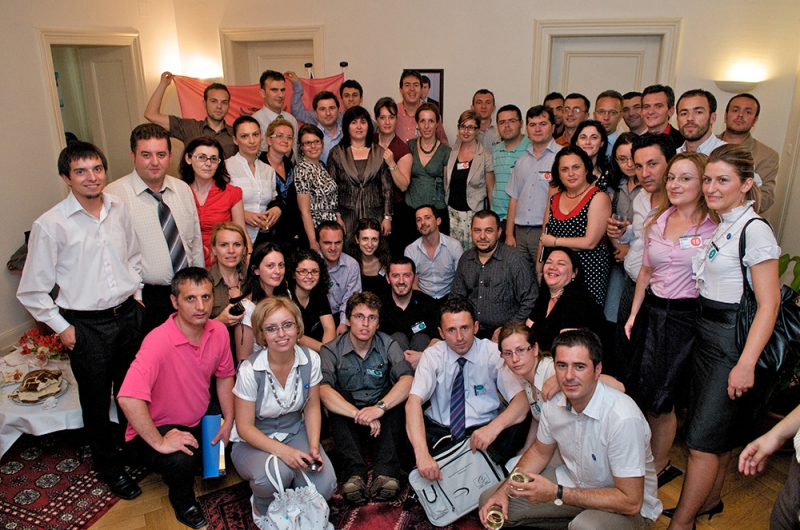Wednesday, March 24, 2010
Second course of the Academy of Poltical Studies 4 - 7 March 2010
The second course of the ASPS on governance, institutions and democracy was held on March 4 - 7 .2010 7, in Durres. The main objective of the second course was to provide the students with knowledge on the relations between the various powers in a democracy, methods on fighting corruption, internal developments and tensions of the legislative and executive structures on the policy making issues, and the functioning of the international organizations and the options towards democratizing governance in the Balkans.
The first day of the course started with a discussion on the functional state and the relations between the powers in democracy, with Mr. Genti Ibrahimi as lecturer. The session continued with a case study on fighting corruption in new democracies, by Mr. Quentin Reed, to be followed by a topic on the reform for decentralization and the challenges of the local democracy in Albania, with Mr. Ferdinand Poni, Deputy Minister of the Interior.
The second day started with Mr. Florian Mima, Member of Parliament, and his views on the policy making in different government levels-the identification of priorities and development opportunities in Albania, to be followed by Dr. Adrian Civici of the European University of Tirana on sustainable development and democracy and finalized with the lecture of Mr. Bernard Zeneli of UNDP on the transformation of good governance into good government as well as a case study on the same topic.
The last day was concentrated on a discussion by Mr. Kristaq Traja, former Albanian judge to ECoHR, on the issue of human rights doctrine and international organizations, to be followed by Mr. Alexis Vahlas, expert on International Law and senior advisor to NATO, on the democratic will and international governance in the Balkans.
In the framework of extracurricular activities, the School organized trips at nearby touristic sites in Durres, including the Archeological Museum, recognized as part of Albania’s cultural inheritance.
The participants were very active in learning and sharing their opinions on the topics discussed in this course. The lecturers were very qualitative and their valuable experience and communicative approach provided positive discussions. Additionally, the invitation of the school alumni to moderate the course, as in the first course, proved well-thought actions which strengthens the ties between the different generations of the School and also serves to increase their network, as an important objective of the School.













